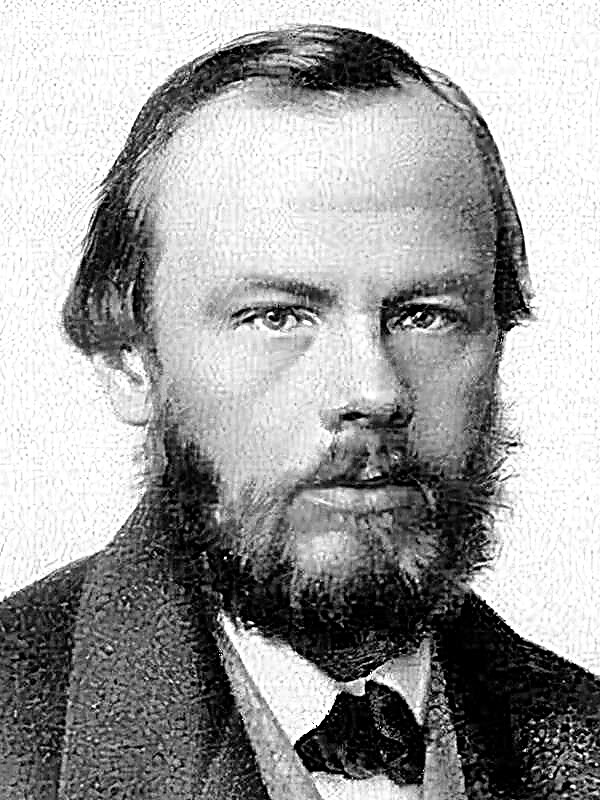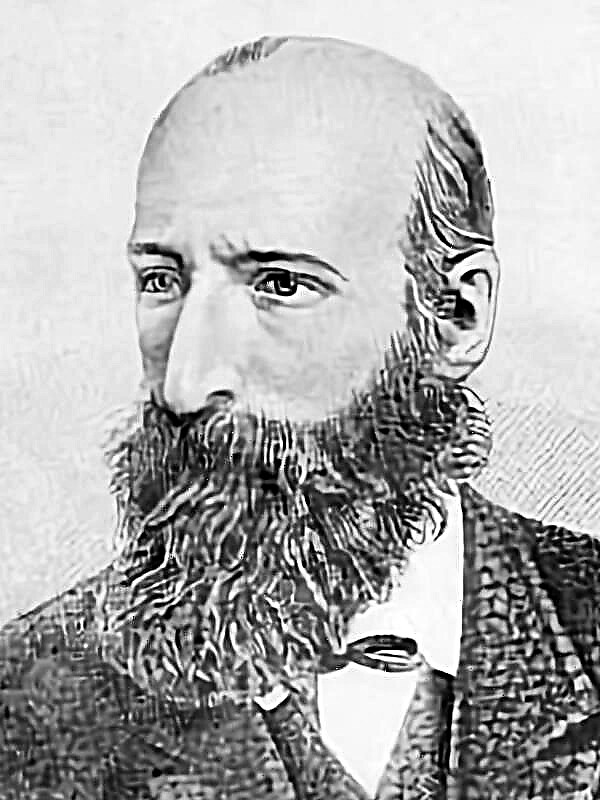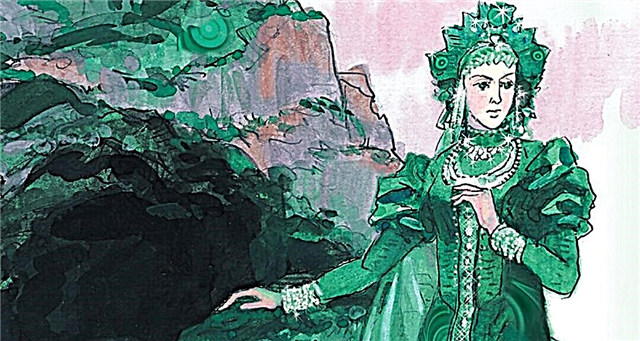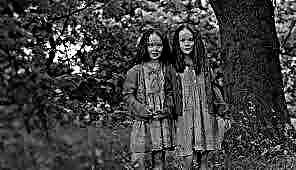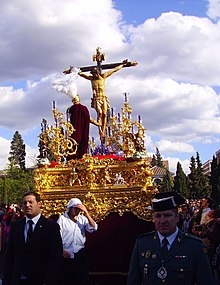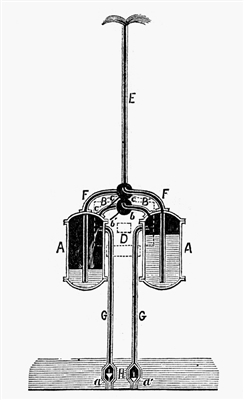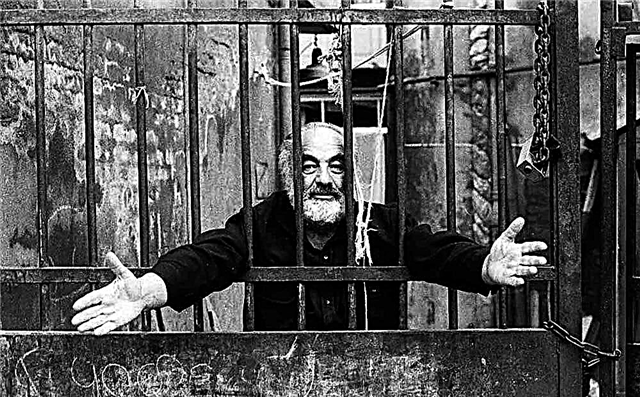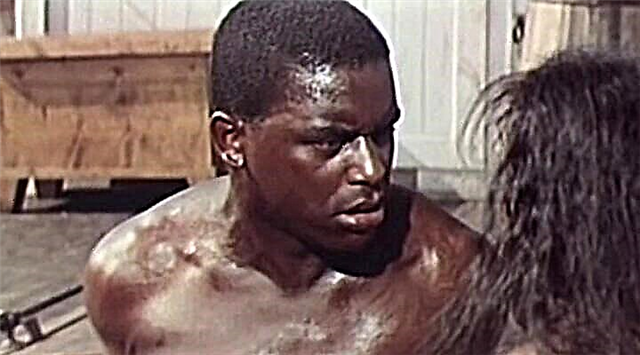The hero of the underground, the author of the notes, is a college assessor who recently resigned after receiving a small inheritance. He lives "in the corner" - a "crappy, nasty" room on the edge of St. Petersburg. In the “underground” he is also psychologically: almost always alone, indulges in rampant “daydreaming”, the motives and images of which are taken from the “books”. In addition, the nameless hero, showing an extraordinary mind and courage, explores his own consciousness, his own soul. The purpose of his confession is “to test: is it even possible to be completely honest with yourself and not be afraid of the whole truth?”
He believes that an intelligent man of the 60s. XIX century doomed to be "spineless." Activity is the destiny of stupid, limited people. But the latter is the “norm”, and enhanced consciousness is “a real, complete illness”. The mind forces one to rebel against the laws of nature discovered by modern science, the “stone wall” of which is “certainty” only for a “stupid” immediate person. The hero of the “underground” does not agree to come to terms with evidence and experiences a “guilty feeling” for an imperfect world order that causes him suffering. Science “lies” that a person can be reduced to reason, an insignificant share of “ability to live”, and “calculated” according to a “tablet”. “Wanting” is “the manifestation of all life”. Contrary to the “scientific” conclusions of socialism about human nature and human welfare, he defends his right to “positive prudence to add <...> vulgar stupidity <...> only in order to confirm to himself <...> that people are still people, not piano keys on which <...> the laws of nature themselves play ... ".
“In our negative age”, the “hero” yearns for an ideal that can satisfy his inner “broadness”. This is not a pleasure, not a career, or even a “crystal palace” of socialists, which takes away from a person the most important of “benefits” - his own “desire”. The hero protests against the identification of good and knowledge, against unconditional faith in the progress of science and civilization. The latter “does not soften anything in us”, but only develops “the versatility of sensations”, so that pleasure is found both in humiliation, and in “poison of unsatisfied desire”, and in someone else’s blood ... After all, in human nature is not only the need for order, prosperity happiness, but also chaos, destruction, suffering. The “Crystal Palace”, in which there is no place for the latter, is untenable as an ideal, for it deprives a person of freedom of choice. And therefore it is better - the modern "chicken coop", "conscious inertia", "underground".
But the yearning for "reality" used to drive out of the "corner". One of these attempts is described in detail by the author of the notes.
At twenty-four years old, he still served in the office and, being “terribly proud, suspicious and sensitive,” he hated and despised, “and at the same time <...> and was afraid” of “normal” colleagues. He considered himself a "coward and slave," like any "developed and decent man." Communication with people was replaced by intensive reading, but at night he “licked” in “dark places”.
Once in a tavern, watching a game of billiards, accidentally blocked the way for one officer. Tall and strong, he silently moved the "low and emaciated" hero to another place. The “underground” wanted to start a “right”, “literary” quarrel, but he “preferred <...> to get embittered with anger” out of fear that he would not be taken seriously. For several years he dreamed of revenge, many times tried not to turn off the first at a meeting on Nevsky. When, finally, they “knocked shoulder to shoulder tightly”, the officer did not pay attention to it, and the hero “was delighted”: he “maintained his dignity, did not give up a single step and publicly set himself on equal footing with him ".
The need of a person of the “underground” from time to time to “rush into society” was satisfied by a few acquaintances: the headmaster Setochkin and former schoolmate Simonov. During a visit to the latter, the hero finds out about the upcoming dinner in honor of one of his fellow practitioners and “enters into a share” with others. Fear of possible insults and humiliations haunts the "underground" long before lunch: after all, "reality" does not obey the laws of literature, and real people are unlikely to fulfill the roles prescribed by him in the imagination of the dreamer, for example, to "love" him for his mental superiority. At dinner, he tries to offend and insult his comrades. Those in response cease to notice him. "Underground" goes to the other extreme - public self-abasement. The party companions leave for the brothel without inviting him with them. Now, for "literature", he is obliged to avenge the shame suffered. To this end, he goes for everyone, but they have already dispersed into the rooms of prostitutes. He is offered Lisa.
After the "rude and shameless" "debauchery" the hero starts a conversation with the girl. She is 20 years old, she is a philistine from Riga and in St. Petersburg recently. Having guessed the sensitivity in her, he decides to recoup for what was transferred from his comrades: he paints before Lisa either the terrible future of a prostitute or the inaccessible family happiness, having entered "pathos to the point that <...> he had a throat spasm prepared". And he achieves an “effect”: an aversion to his base life brings the girl to sobs and cramps. When leaving, the “savior” leaves his address “lost”. However, through “literature”, genuine pity for Lisa and shame for his “cheating” break through him.
Three days later she arrives. The “disgustingly embarrassed" hero cynically reveals to the girl the motives of his behavior, but unexpectedly meets love and sympathy on her part. He is also moved: “They don’t give me ... I can’t be ... kind!” But soon ashamed of “weakness”, she takes revenge on Lisa, and for a complete “triumph” she puts five rubles in her hand, like a prostitute. When leaving, she quietly leaves money.
"Underground" admits that he wrote his memoirs with shame, And yet he "only brought to <...> life to the extreme" that others "did not dare to bring to half." He was able to abandon the vulgar goals of the surrounding society, but also the “underground” - “moral corruption”. Deep relations with people, “living life,” inspire fear in him.


